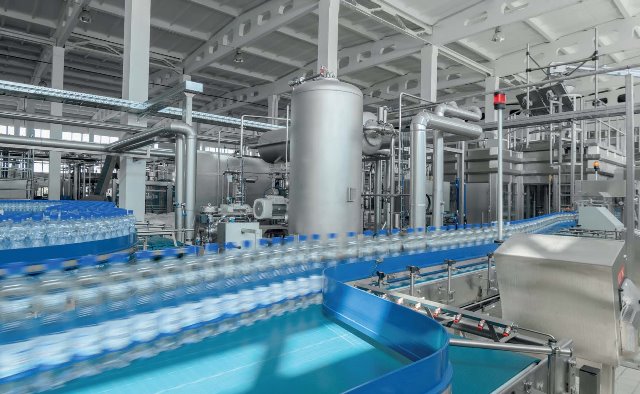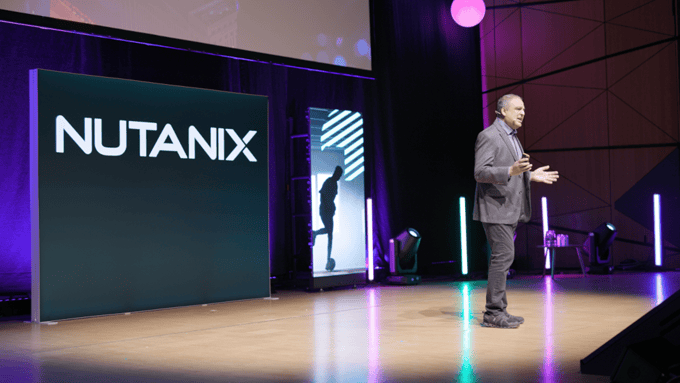How much product recalls cost
A study by the Allianz insurance group has determined the costs of product recalls. The conclusion: large product recalls cause an average loss of 10.5 million euros per case - but due to "domino effects", individual cases can reach billions.

Expensive mistakes: A defective pedal causes a car to accelerate unintentionally. Processing of defective peanuts causes an industry-wide sales decline of 25%. Each of these incidents triggered major product recalls resulting in billions of dollars in losses. Product-related risk is one of the biggest threats facing companies today. Recall risks have increased significantly over the past decade and the potential for larger and more complex claims continues to rise, warns industrial insurer Allianz Global Corporate & Specialty (AGCS) in a new report. The evaluation of 367 global insurance claims shows that the automotive industry is most affected by product recalls, followed by the food and beverage sector.
Rising number of product recalls
The number of product recalls has risen steadily over the past decade. "We are now seeing record numbers of recalls in terms of size and cost," says Christof Bentele, Head of Global Crisis Management at AGCS. He sees multiple factors contributing to this, including stricter regulation and tougher penalties, the rise of large multinationals and more complex global supply chains, growing consumer awareness, the impact of economic pressures in research, development and manufacturing, and the increasing importance of social media.
The study, "Product Recall: Managing The Impact of the New Risk Landscape," analyzes a total of 367 product recall claims from 28 countries across 12 industries between 2012 and the first half of 2017. The main cause of recalls is a defective product or design, followed by product contamination. The average cost of a major recall is over €10.5 million, with the cost of some recent large recalls far exceeding this total. Over 50% of the losses are due to just ten recalls. The IT/electronics sector is the third most affected industry after the automotive and food and beverage industries, according to the AGCS claims analysis.
Automotive industry faces most expensive recalls due to "domino effect
"Automotive recalls account for over 70% of the total claims analysed, which is unsurprising given recent record activity in both the US and Europe. We are seeing more and more recalls with more and more vehicles affected in the automotive industry," said Carsten Krieglstein, Regional Head of Liability, Central & Eastern Europe, AGCS. "Factors such as more sophisticated technology, shortened product testing times, outsourcing of research and development and increasing cost pressures are all contributing to this. The technological shift in the automotive industry towards electric and autonomous mobility will bring further recall risks."
In one of the largest recalls in the automotive industry to date due to defective airbags, 60 to 70 million vehicles from at least 19 manufacturers worldwide are likely to be recalled to workshops. The costs are estimated at almost 21 billion euros. This case highlights the increasing "domino effect" affecting the automotive sector, as well as other industries. Since many common components are used by many manufacturers at the same time, a single recall can have an impact on an entire industry.
Product recalls in the focus of the Swiss food and beverage industry
The food and drink industry is the second most affected sector, accounting for 16% of the losses analysed. The average cost of a significant product recall is almost €8 million. Undeclared allergens (including ingredient mislabeling) and pathogens are a big problem, as is contamination from glass, plastic and metal parts. "In Switzerland, product tampering and product recalls are also a big issue with our clients in the food and beverage industry," explains Christoph Müller, who is responsible for AGCS business in Switzerland. The increased demand for insurance solutions in Switzerland comes mainly from large end customers who want to insure themselves against the difficulties of their key suppliers. "Another driver in the market is the claims experience of the past, which can be directly attributed to product recalls or product tampering," says Müller.
Products from Asia, the AGCS study found, continue to trigger a disproportionate number of recalls in the U.S. and Europe, reflecting the eastward shift of global supply chains and historically weaker quality controls in some Asian countries. But increasing safety regulations and growing consumer awareness are causing recalls to increase in Asia as well.
Early crisis management as part of the corporate DNA
Forward planning and preparation can have a major impact on the size of a recall and the financial and reputational damage. As part of a holistic risk management approach, specialist product recall insurance can help companies recover more quickly by covering the costs of a recall, including business interruption. Such insurance policies also provide access to crisis management services and specialist consultants. These review a company's procedures and assist with regulatory liaison, communications, product tracing, and laboratory testing of contaminated goods, including genome sequencing and DNA testing, in the event of product contamination worldwide.
"Much more attention is now being paid to how companies deal with faulty or contaminated products, how quickly they respond and how reliable they are when it comes to product safety. More than ever, consumers are also speaking up and making their consumption decisions based on how companies handle crises. A company that sees crisis management as part of its DNA is far less susceptible to a major scandal," says Bentele.









